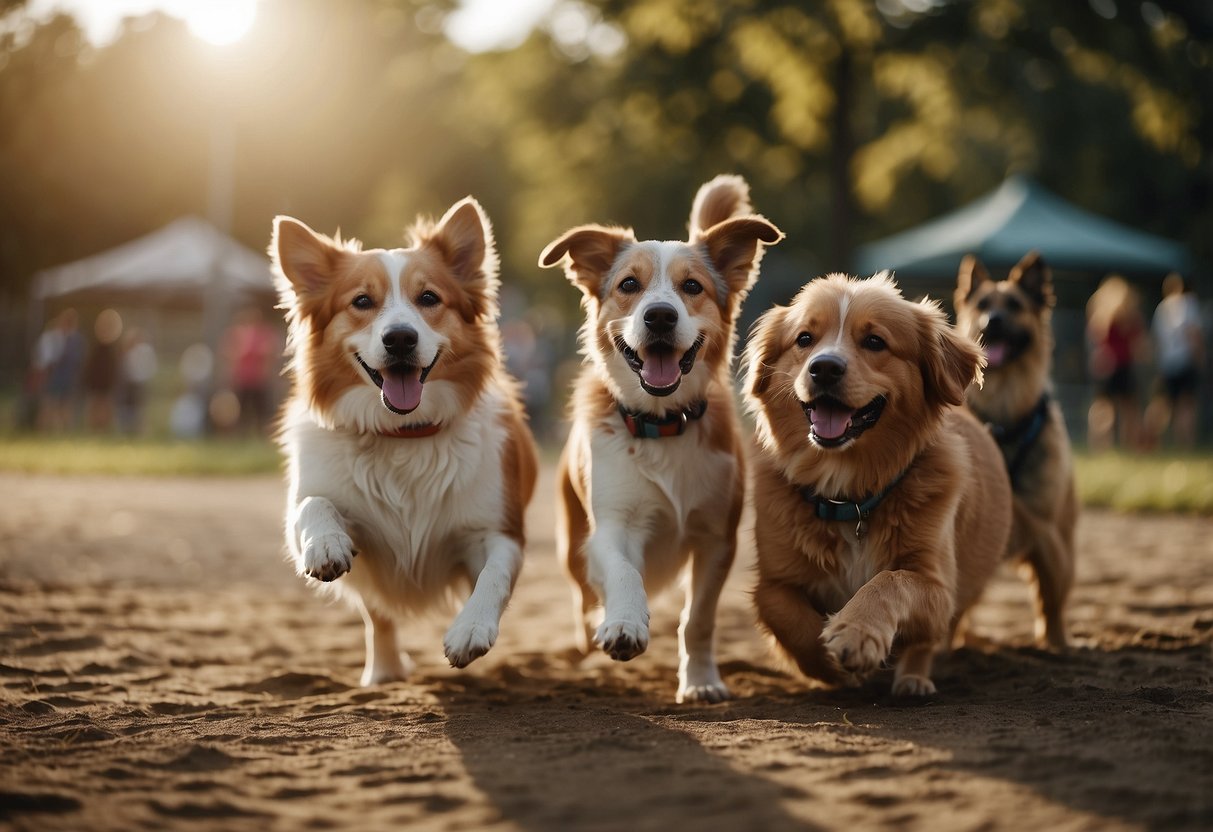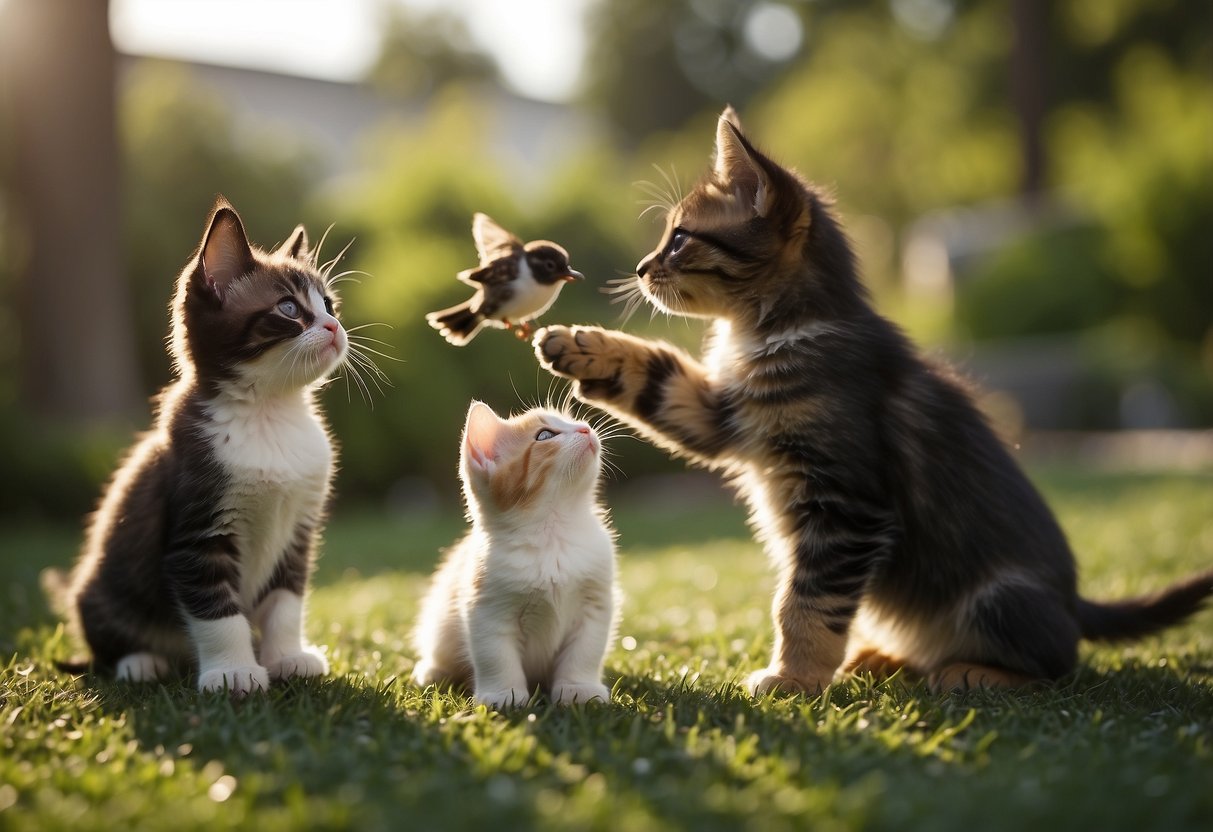
Reducing Fear and Anxiety
Socialization significantly contributes to reducing fear and anxiety in pets. Pets that are introduced to new experiences, sounds, and sights from a young age adapt better to changes in their environment. This exposure helps them become more resilient and reduces stress.
For example, gradually exposing a kitten to household noises can make it less startled by sudden sounds. Positive experiences with various stimuli can make pets feel more secure. Engaging in social activities also helps pets develop coping mechanisms, making them less anxious in unfamiliar situations. Regular, controlled socialization experiences are crucial for nurturing a calm and confident pet.
The Optimal Socialization Period for Different Species

Animals have specific time frames during which socialization is most effective. For dogs and cats, understanding these periods can significantly impact their behavior and well-being.
Dogs: Puppies’ Socialization Window
Puppies have a critical socialization window that spans from approximately 3 to 14 weeks of age. During this time, they are particularly receptive to new experiences, people, and other animals. It’s essential to expose puppies to a wide variety of stimuli in a positive and controlled manner to ensure they grow into well-adjusted adult dogs.
Socialization activities for puppies should include meeting different people, including those of various ages, genders, and appearances. Interaction with other dogs and animals is also important, provided these interactions are safe and supervised. Enrolling puppies in socialization classes can be beneficial, as it allows for structured and positive experiences. Introducing puppies to different environments, sounds, smells, and textures during this period helps build their confidence and reduces the likelihood of fear-based behaviors later in life.
Missing the socialization window can lead to lifelong behavioral issues. Therefore, consistent and positive exposure during this critical period is crucial for a puppy’s development.
Cats: Kittens’ Critical Period
For kittens, the optimal socialization period occurs from about 2 to 7 weeks of age. During these formative weeks, kittens should be gently exposed to varied experiences, people, and environments. This critical period helps establish a foundation for a confident and sociable adult cat.
Introducing kittens to gentle handling by different people, including children and adults, can help them become comfortable with human interaction. Exposure to other cats and pets, under controlled conditions, is also important. Providing a stimulating environment with various textures, toys, and noises will aid in their development. Regular positive experiences during this period can prevent behavioral issues such as aggression or excessive fearfulness.
Neglecting socialization during this critical window can result in shyness or fearful behavior. Ensuring positive interactions during this time is key to a kitten’s behavioral health.



